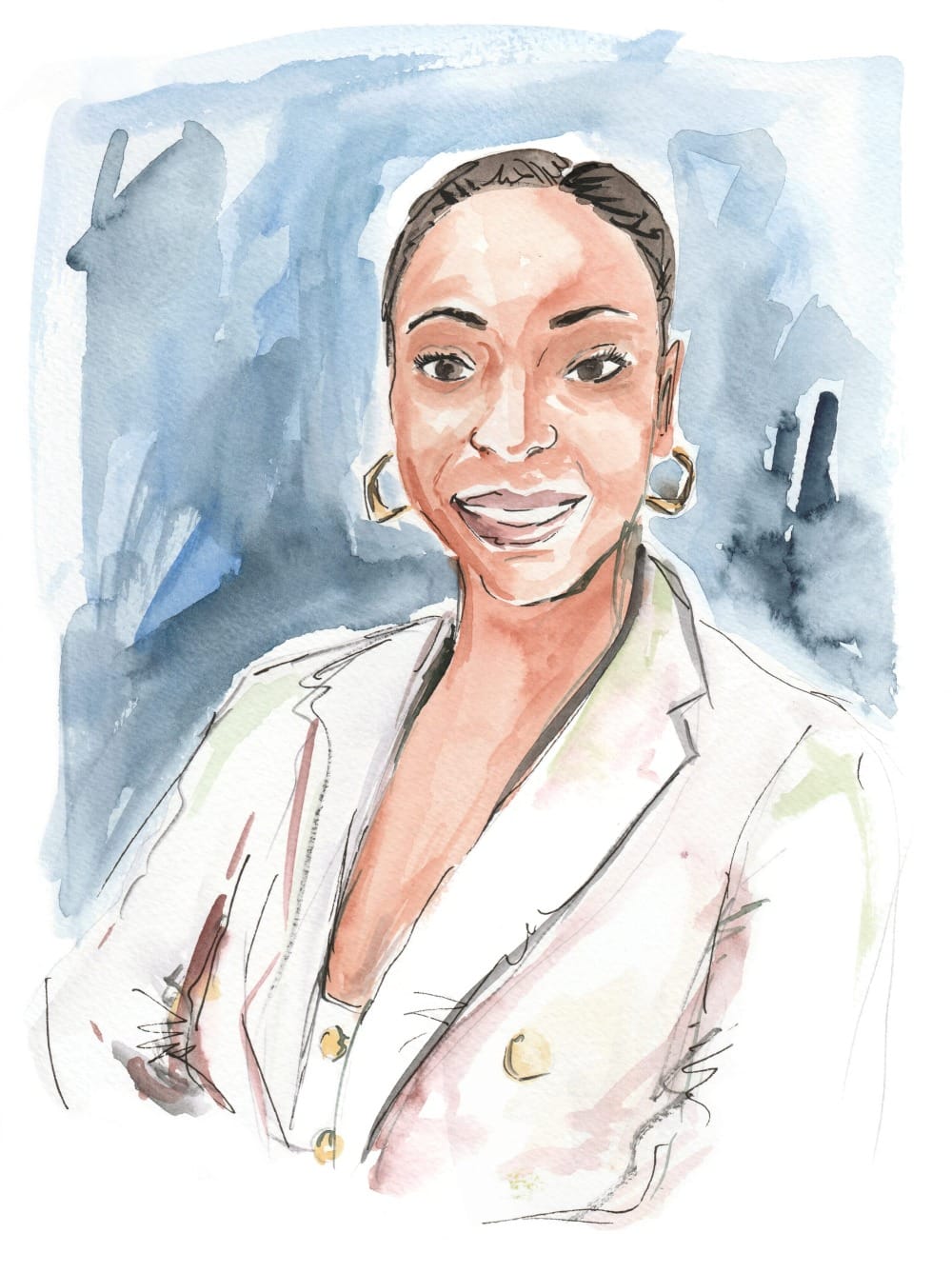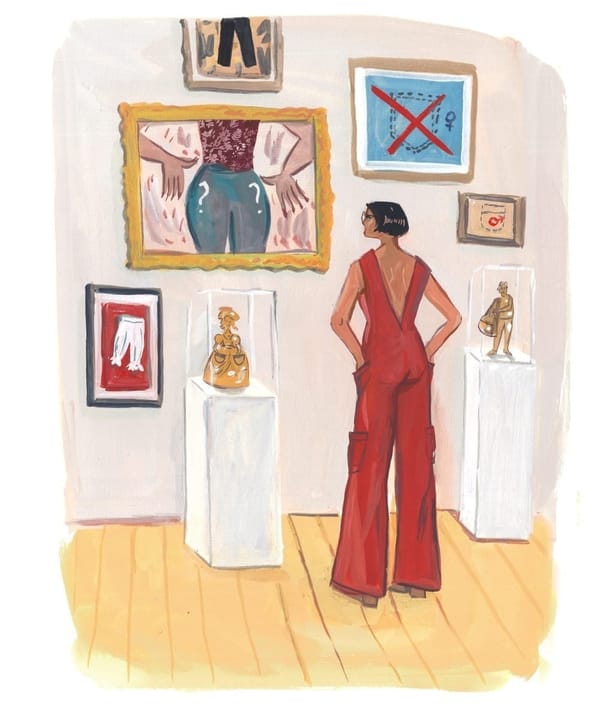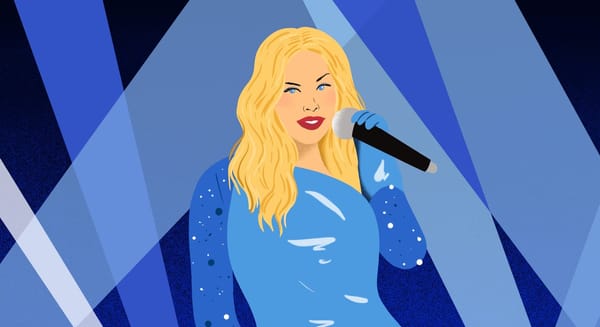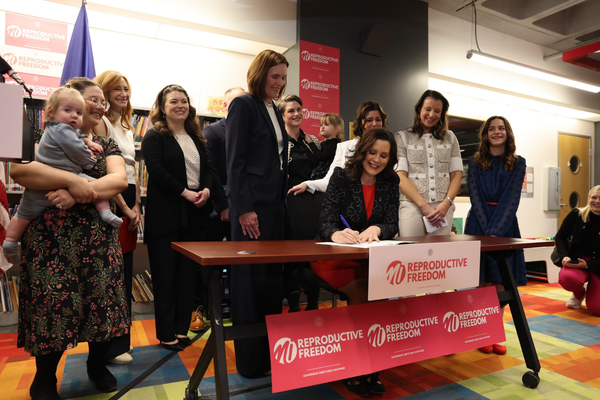‘They Do Not See a Black Woman as Credible'
Natalie Campbell, a candidate for Mayor of London, on what it's like to run as an outsider in U.K. politics.

Natalie Campbell entered the race for Mayor of London last October. But that moment was years in the making.
Raised in London by her Jamaican grandparents, Campbell, who is 40, launched her first business when she was just 19—an ESG advisory firm. Since then, she has served as the co-CEO of a sustainable drinks business, the chancellor of the University of Westminster and as an advisor to the British royal family (yes, including the Duke and Duchess of Sussex) on their philanthropic ventures.
Campbell, a political centrist, struggled to find a home in Britain’s major political parties. The left-leaning Liberal Democrat and Labour parties made her feel “othered.” The right-leaning Conservative party, for which she was longlisted as a candidate, was more welcoming, but her association with the party alienated members of the Black community. In the end, she entered the race as an independent.
Since she launched her campaign, Campbell has spoken openly about the frustrations of running as an independent candidate: She has felt ignored by the media, shunned by the organizations running campaign debates (and the mainstream candidates who were invited, but failed to show up), and frozen out by sectors in which she’d worked for decades.
This week, new research from the gender equality campaign group the Fawcett Society found that just one-third of local election candidates in England—and just over one-quarter of mayoral candidates—are women. The timing couldn't be better as voters go to the polls this Thursday.





